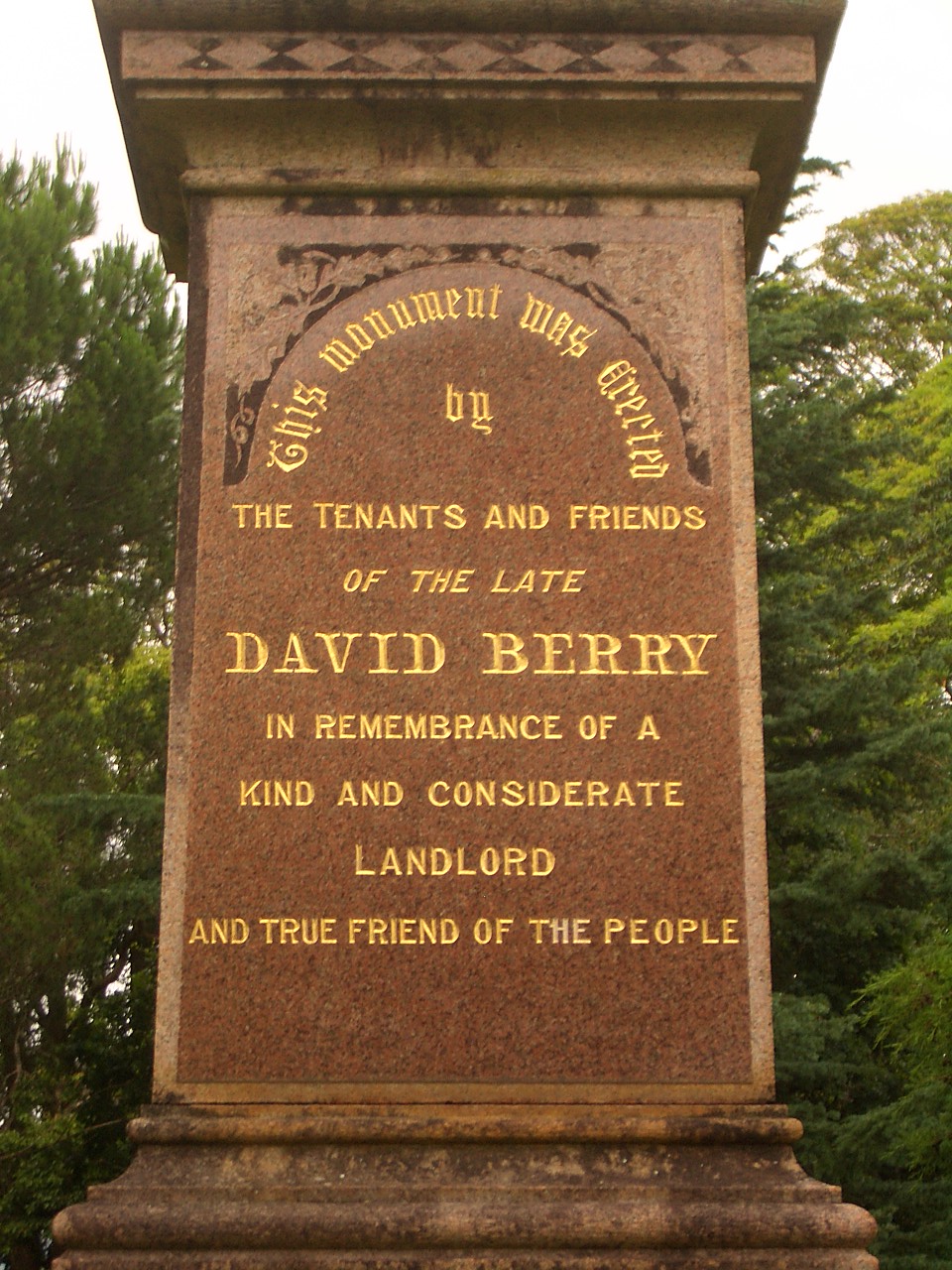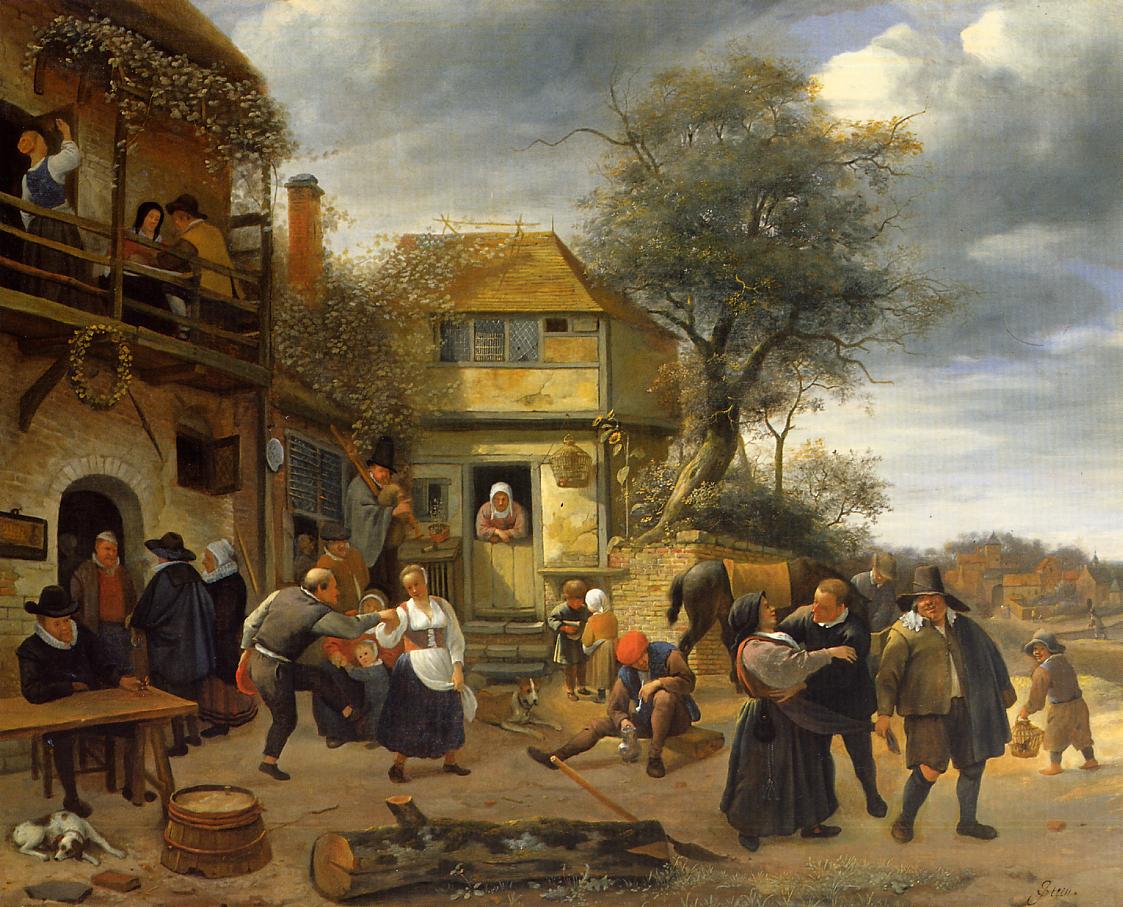|
Little Weighton
Little Weighton is a village in the East Riding of Yorkshire, England. It is approximately south-west of Beverley and west of Cottingham and forms part of the civil parish of Rowley. History Domesday Book Little Weighton was a settlement in Domesday Book, in the hundred of Welton and the county of Yorkshire. It had a recorded population of 8.5 households in 1086, putting it in the smallest 40% of settlements recorded in Domesday (Nb: 8.5 households is an estimate, since multiple places are mentioned in the same entry). It is recorded: 16 villagers and 1 priest, 3 ploughlands, 2 lord's plough teams, 4 men's plough teams, 2 mills (value 16 shillings), 1 church. Annual value to lord was 2 pounds 10 shillings in 1086 and 2 pounds in 1066. The tenant-in-chief in 1086 was Hugh son of Baldric. The Lord in 1066 was Gamal, son of Osbert. Later history Little Weighton is supposed by some to have been the site of the famous battle of Brunanburh. On 14 April 1702 Jeremiah Northend ... [...More Info...] [...Related Items...] OR: [Wikipedia] [Google] [Baidu] |
Rowley, East Riding Of Yorkshire
Rowley is a small village and civil parishes in England, civil parish in the East Riding of Yorkshire, England. It is situated south of Little Weighton and approximately south-west of Beverley town centre. The civil parish is formed by the villages of Rowley and Little Weighton together with the Hamlet (place), hamlets of Bentley, East Riding of Yorkshire, Bentley, High Hunsley, Risby, East Riding of Yorkshire, Risby and part of the Hamlet (place), hamlet of Riplingham. According to the United Kingdom Census 2011, 2011 UK census, Rowley parish had a population of 1,015, a decrease on the United Kingdom Census 2001, 2001 UK census figure of 1,030. The village of Rowley is now mostly depopulated, leaving only a few houses, and most of the population is now in Little Weighton. History Ezekiel Rogers, Rev. Ezekiel Rogers, who became Rector (ecclesiastical), Rector of Rowley in 1621, was suspended from the parish church in 1638 for his Nonconformist (Protestantism), non-conformi ... [...More Info...] [...Related Items...] OR: [Wikipedia] [Google] [Baidu] |
Landlord
A landlord is the owner of property such as a house, apartment, condominium, land, or real estate that is rented or leased to an individual or business, known as a tenant (also called a ''lessee'' or ''renter''). The term landlord applies when a juristic person occupies this position. Alternative terms include lessor and owner. For female property owners, the term landlady may be used. In the United Kingdom, the manager of a pub, officially a licensed victualler, is also referred to as the landlord/landlady. In political economy, landlord specifically refers to someone who owns natural resources (such as land, excluding buildings) from which they derive economic rent, a form of passive income. History The concept of a landlord can be traced to the feudal system of manoralism ( seignorialism), where landed estates were owned by Lords of the Manor ( mesne lords). These lords were typically members of the lower nobility who later formed the rank of knights during ... [...More Info...] [...Related Items...] OR: [Wikipedia] [Google] [Baidu] |
Stan McEwan
Stanley McEwan (born 8 June 1957) is a Scottish former professional footballer. He spent eight years at Blackpool in the 1970s and 1980s, making over 200 Football League appearances for the club. He also played for four other professional clubs in his career. His position was as a defender. Blackpool Newmains-born McEwan made his debut for Harry Potts' Blackpool midway through the 1975–76 season, in a single-goal victory over Leyton Orient at Bloomfield Road on 12 December 1975.Calley, Roy (1992). '' Blackpool: A Complete Record 1887–1992'', Breedon Books Sport, p. 326 He went on to make sixteen further appearances in the league that season, as well as two in the FA Cup. In 1976–77, under new manager, compatriot Allan Brown, McEwan made eleven league appearances;Calley, Roy (1992). ''Blackpool: A Complete Record 1887–1992'', Breedon Books Sport, p. 328 however, the following season, 1977–78, he was given an extended run in the team, making 39 league appearances. ... [...More Info...] [...Related Items...] OR: [Wikipedia] [Google] [Baidu] |
Hull City A
Hull may refer to: Structures * The hull of an armored fighting vehicle, housing the chassis * Fuselage, of an aircraft * Hull (botany), the outer covering of seeds * Hull (watercraft), the body or frame of a sea-going craft * Submarine hull Mathematics * Affine hull, in affine geometry * Conical hull, in convex geometry * Convex hull, in convex geometry ** Carathéodory's theorem (convex hull) * Holomorphically convex hull, in complex analysis * Injective hull, of a module * Linear hull, another name for the linear span * Skolem hull, of mathematical logic Places United Kingdom England * Hull, the common name of Kingston upon Hull, a city in the East Riding of Yorkshire ** Hull City A.F.C., a football team ** Hull F.C., Hull FC, rugby league club formed in 1865, based in the west of the city ** Hull Kingston Rovers (Hull KR), rugby league club formed in 1882, based in the east of the city ** Port of Hull ** University of Hull * River Hull, river in the East Riding of Yorkshire ... [...More Info...] [...Related Items...] OR: [Wikipedia] [Google] [Baidu] |
Trevor Bolder
Trevor Bolder (9 June 1950 – 21 May 2013) was an English rock musician, songwriter and record producer. He is best known for his long association with Uriah Heep and his tenure with the Spiders from Mars, the backing band for David Bowie, although he also played alongside a variety of musicians from the early 1970s. Biography Bolder was born in Kingston upon Hull, East Riding of Yorkshire, England. His father was a trumpet player, and other members of his family too were musicians. He played cornet in the school band and was active in his local R&B scene in the mid-1960s. Inspired by the Beatles, in 1964 he formed his first band with his brother and took up the bass guitar. He first came to prominence in the Rats, which also featured fellow Hull musician Mick Ronson on lead guitar. In 1971 Bolder was called in to replace Tony Visconti in David Bowie's backing band, which would soon be known as the Spiders from Mars; he subsequently appeared in D. A. Pennebaker's 1973 do ... [...More Info...] [...Related Items...] OR: [Wikipedia] [Google] [Baidu] |
David Bowie
David Robert Jones (8 January 194710 January 2016), known as David Bowie ( ), was an English singer, songwriter and actor. Regarded as one of the most influential musicians of the 20th century, Bowie was acclaimed by critics and musicians, particularly for his innovative work during the 1970s. His career was marked by reinvention and visual presentation, and his music and stagecraft have had a great impact on popular music. Bowie studied art, music and design before embarking on a professional career as a musician in 1963. He released a string of unsuccessful singles with local bands and David Bowie (1967 album), a self-titled solo album (1967) before achieving his first top-five entry on the UK singles chart with "Space Oddity" (1969). After a period of experimentation, he re-emerged in 1972 during the glam rock era with the alter ego Ziggy Stardust (character), Ziggy Stardust. The success of the single "Starman (song), Starman" and its album ''The Rise and Fall of Ziggy Star ... [...More Info...] [...Related Items...] OR: [Wikipedia] [Google] [Baidu] |
Hull And Barnsley Railway
The Hull Barnsley & West Riding Junction Railway and Dock Company (HB&WRJR&DCo.) was opened on 20 July 1885. It had a total projected length of but never reached Barnsley, stopping a few miles short at Stairfoot. The name was changed to The Hull and Barnsley Railway (H&BR) in 1905. Its Alexandra Dock, Hull, Alexandra Dock in Kingston upon Hull, Hull opened 16 July 1885. The main line ran from Hull to Cudworth, South Yorkshire, Cudworth, with two other lines branching off at Wrangbrook Junction, the South Yorkshire Junction Railway to Denaby, and The Hull & South Yorkshire Extension Railway, an branch to Wath-upon-Dearne, opened 31 March 1902. The company also had joint running powers on the Hull and Barnsley and Great Central Joint Railway (Gowdall and Braithwell Railway). Before the Railways Act 1921, Grouping of 1923, the line was taken over by the North Eastern Railway (UK), North Eastern Railway (NER). Following incorporation into the London and North Eastern Railway (L ... [...More Info...] [...Related Items...] OR: [Wikipedia] [Google] [Baidu] |
Little Weighton Railway Station
Little Weighton railway station was a station on the Hull and Barnsley Railway, and served the village of Little Weighton in the East Riding of Yorkshire, England England is a Countries of the United Kingdom, country that is part of the United Kingdom. It is located on the island of Great Britain, of which it covers about 62%, and List of islands of England, more than 100 smaller adjacent islands. It .... The station opened on 27 July 1885, closed to passengers on 1 August 1955 and closed completely on 6 July 1964. References * * External links * Little Weighton station on navigable 1947 O. S. map Disused railway stations in the East Riding of Yorkshire Railway stations in Great Britain opened in 1885 Railway stations in Great Britain closed in 1955 Former Hull and Barnsley Railway stations {{Yorkshire-Humber-railstation-stub ... [...More Info...] [...Related Items...] OR: [Wikipedia] [Google] [Baidu] |
Public House
A pub (short for public house) is in several countries a drinking establishment licensed to serve alcoholic drinks for consumption Licensing laws of the United Kingdom#On-licence, on the premises. The term first appeared in England in the late 17th century, to differentiate private houses from those open to the public as alehouses, taverns and inns. Today, there is no strict definition, but the Campaign for Real Ale (CAMRA) states a pub has four characteristics: # is open to the public without membership or residency # serves draught beer or cider without requiring food be consumed # has at least one indoor area not laid out for meals # allows drinks to be bought at a bar (i.e., not only table service) The history of pubs can be traced to taverns in Roman Britain, and through Anglo-Saxon alehouses, but it was not until the early 19th century that pubs, as they are today, first began to appear. The model also became popular in countries and regions of British influence, whe ... [...More Info...] [...Related Items...] OR: [Wikipedia] [Google] [Baidu] |
Edward Baines (1774–1848)
Edward Baines (1774–1848) was the editor and proprietor of the ''Leeds Mercury'' (which, by his efforts, became the leading provincial paper in England), politician, and the author of historical and geographic works of reference. On his death in 1848, the ''Leeds Intelligencer'' (a rival of the ''Mercury'', and its political opponent for over forty years) described his as "one who has earned for himself an indisputable title to be numbered among the notable men of Leeds". Of his character and physical appearance it remarked: "Mr Baines had great industry and perseverance, as well as patience and resolution; and with those he possessed pleasing manners and address, - that debonair and affable bearing, which conciliated even those who might have felt that they had reason to regard him as an enemy… In person he was of a firm well-built frame, rather above the average stature; his features were regular, his expression of countenance frank and agreeable; and he retained his perso ... [...More Info...] [...Related Items...] OR: [Wikipedia] [Google] [Baidu] |
Kingston Upon Hull
Kingston upon Hull, usually shortened to Hull, is a historic maritime city and unitary authorities of England, unitary authority area in the East Riding of Yorkshire, England. It lies upon the River Hull at its confluence with the Humber Estuary, inland from the North Sea. It is a tightly bounded city which excludes the majority of its suburbs, with a population of (), it is the fourth-largest city in the Yorkshire and the Humber region. The built-up area has a population of 436,300. Hull has more than 800 years of seafaring history and is known as Yorkshire's maritime city. The town of Wyke on Hull was founded late in the 12th century by the monks of Meaux Abbey as a port from which to export their wool. Renamed ''Kings-town upon Hull'' in 1299, Hull had been a market town, military supply port, trading centre, fishing and whaling centre and industrial metropolis. Hull was an early theatre of battle in the First English Civil War, English Civil Wars. Its 18th-century ... [...More Info...] [...Related Items...] OR: [Wikipedia] [Google] [Baidu] |
Blacksmith
A blacksmith is a metalsmith who creates objects primarily from wrought iron or steel, but sometimes from #Other metals, other metals, by forging the metal, using tools to hammer, bend, and cut (cf. tinsmith). Blacksmiths produce objects such as gates, grilles, railings, light fixtures, furniture, sculpture, tools, agricultural implements, decorative and religious items, cooking utensils, and weapons. There was a historical distinction between the heavy work of the blacksmith and the more delicate operations of a whitesmith, who usually worked in Goldsmith, gold, Silversmith, silver, pewter, or the finishing steps of fine steel. The place where a blacksmith works is variously called a smithy, a forge, or a blacksmith's shop. While there are many professions who work with metal, such as farriers, wheelwrights, and Armourer, armorers, in former times the blacksmith had a general knowledge of how to make and repair many things, from the most complex of weapons and armor to simple ... [...More Info...] [...Related Items...] OR: [Wikipedia] [Google] [Baidu] |








